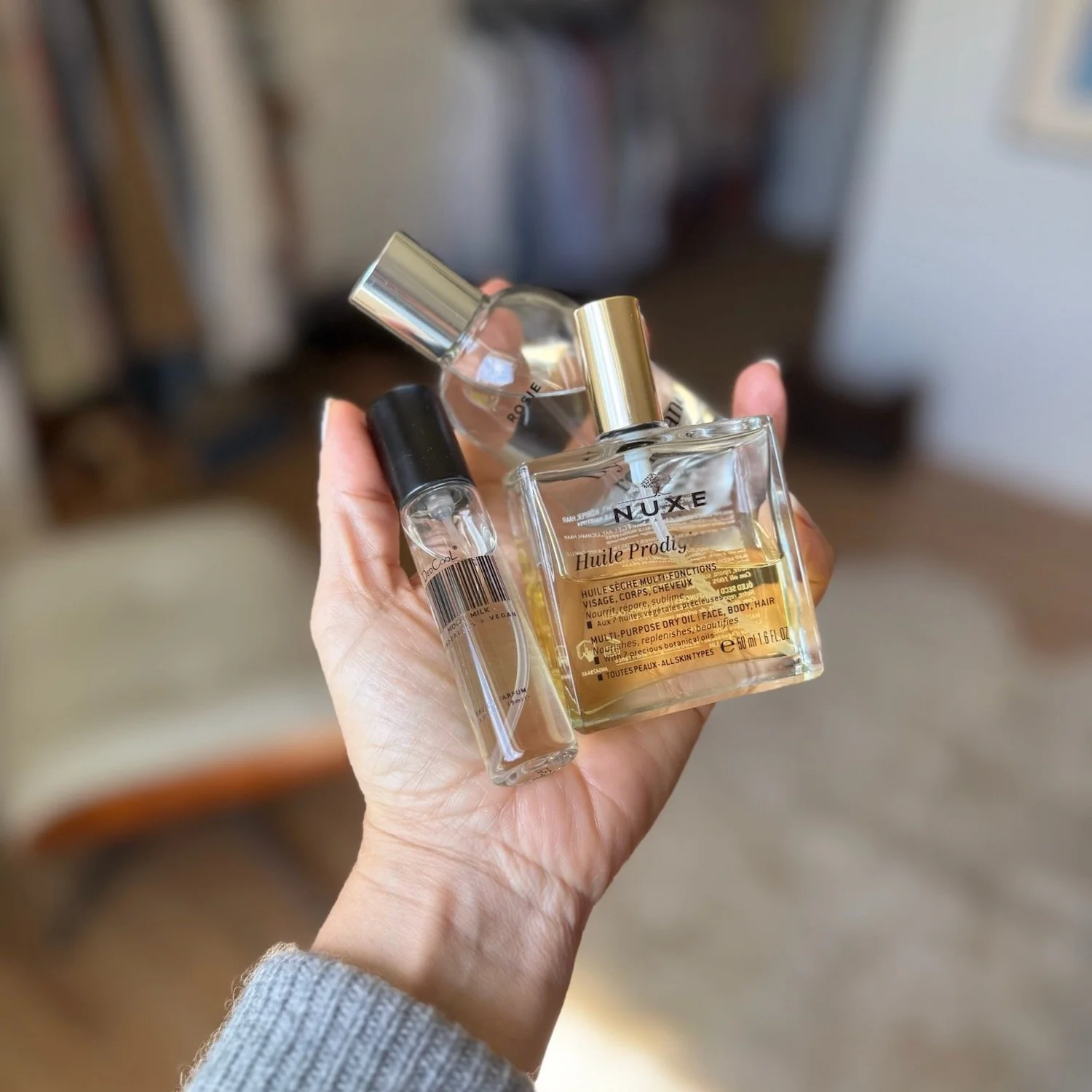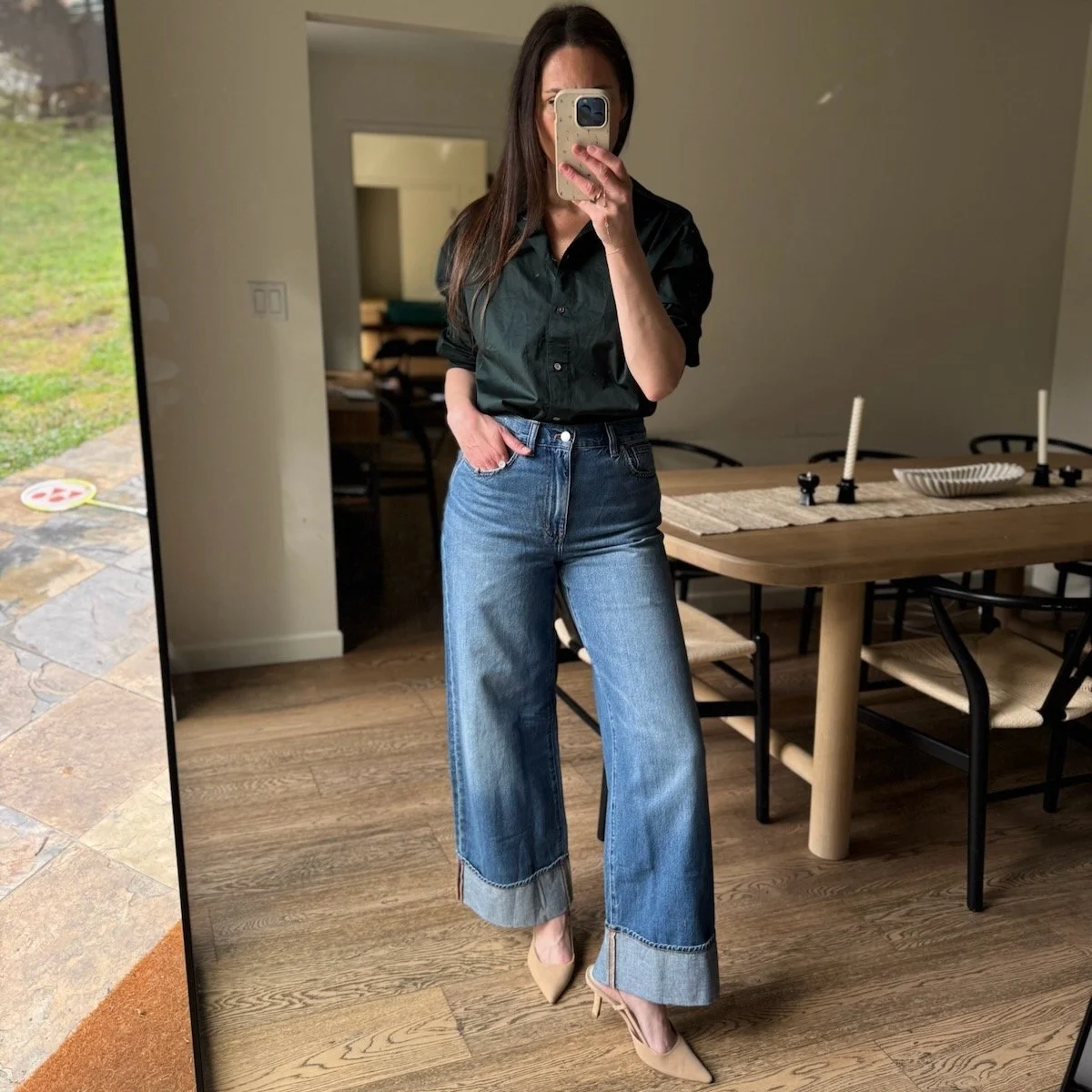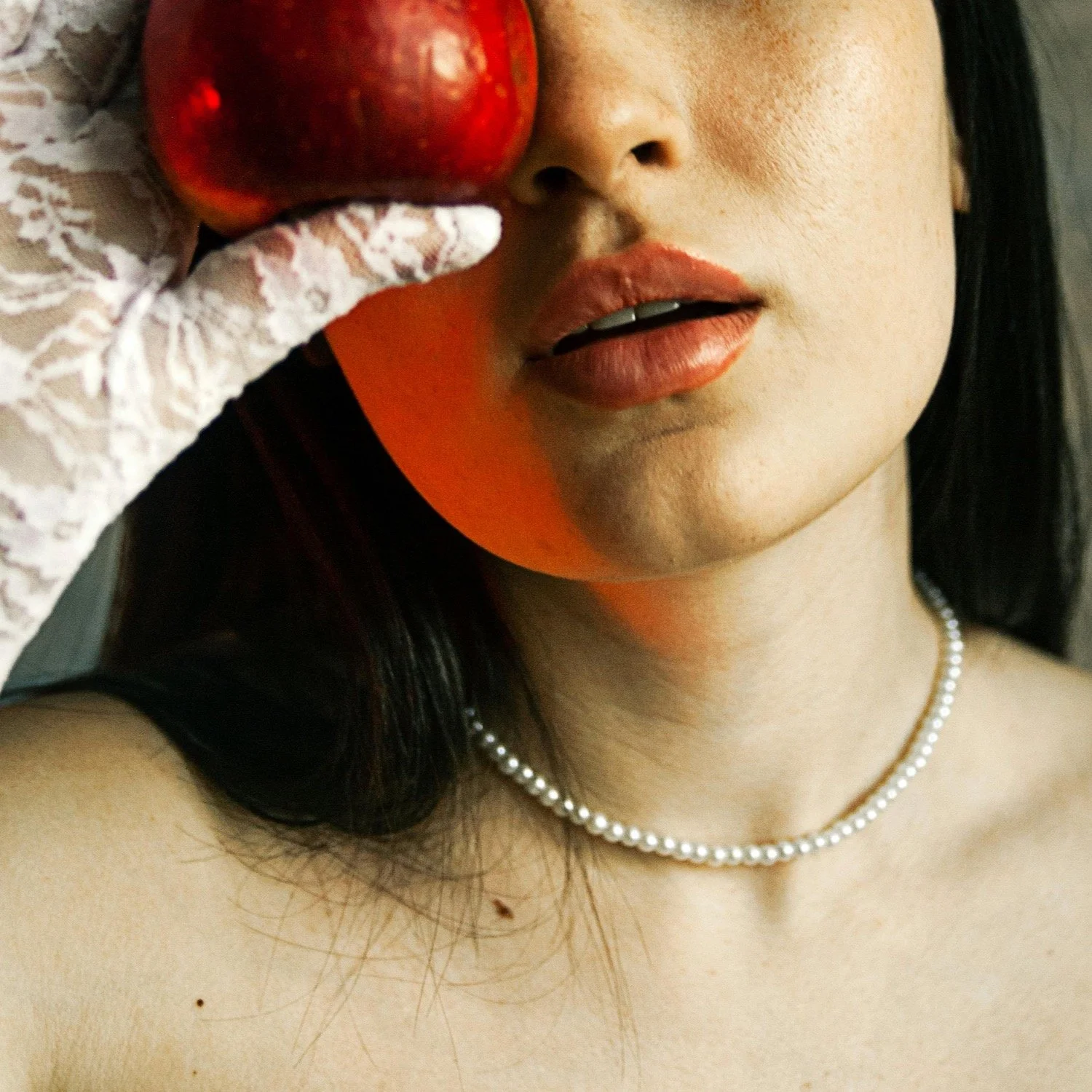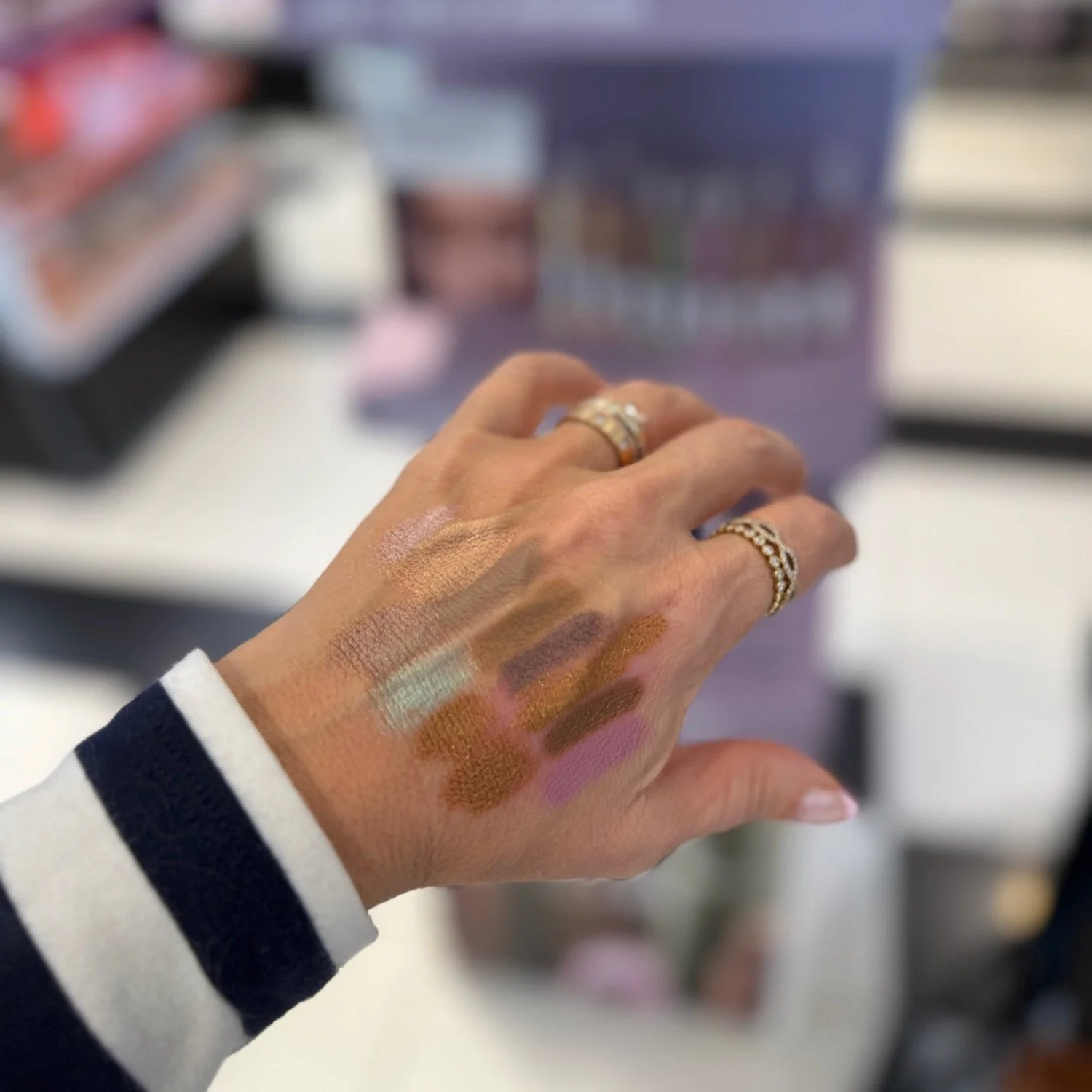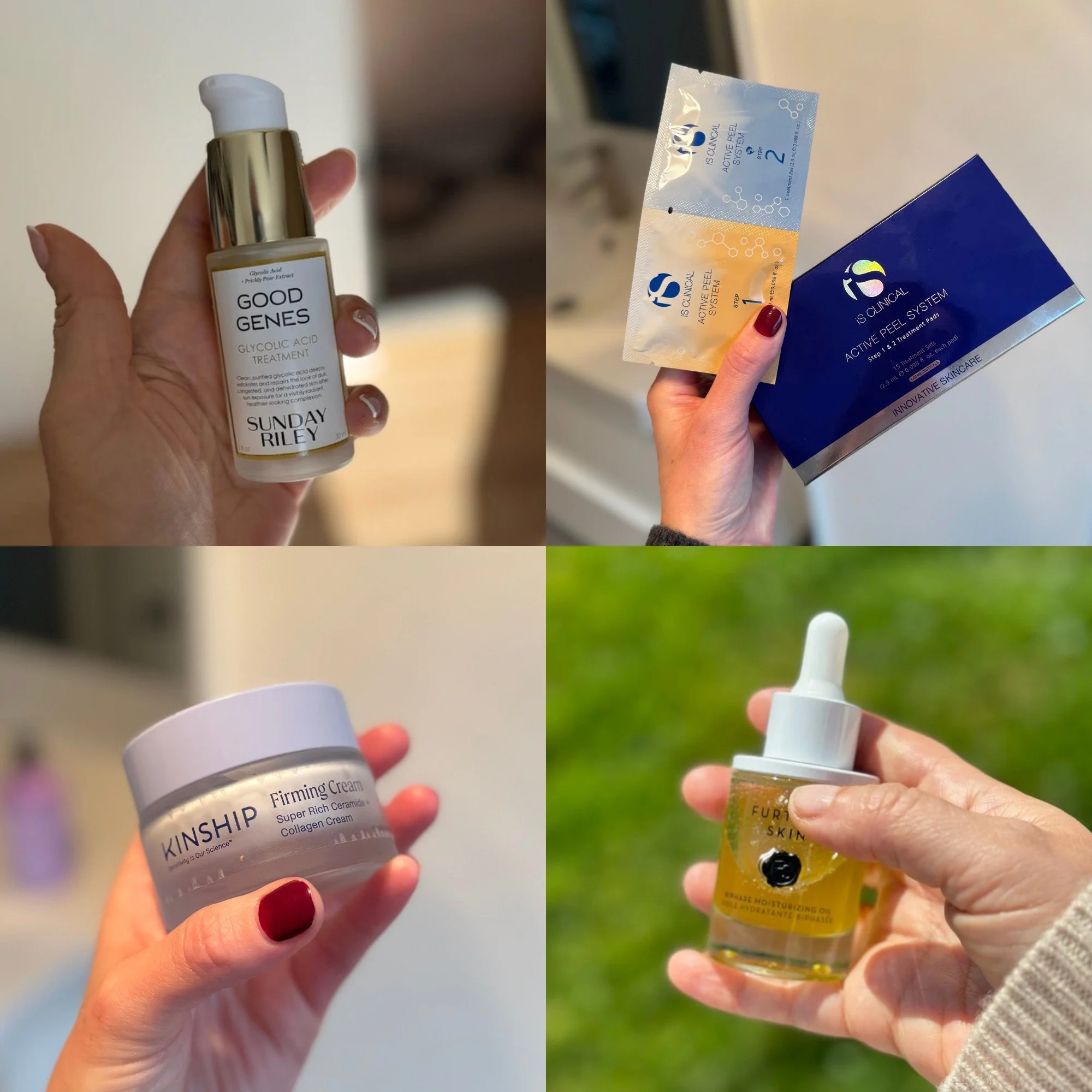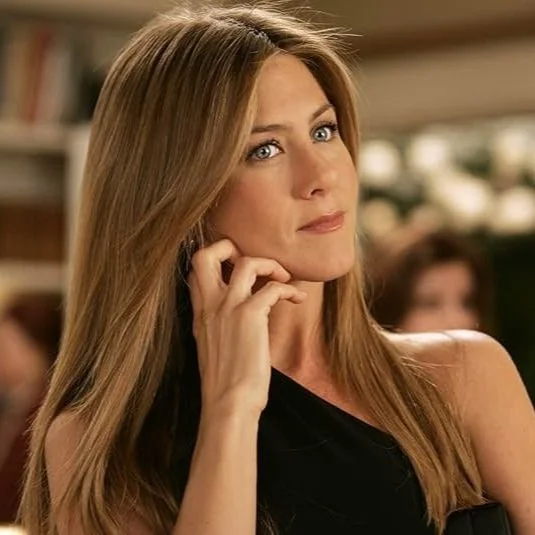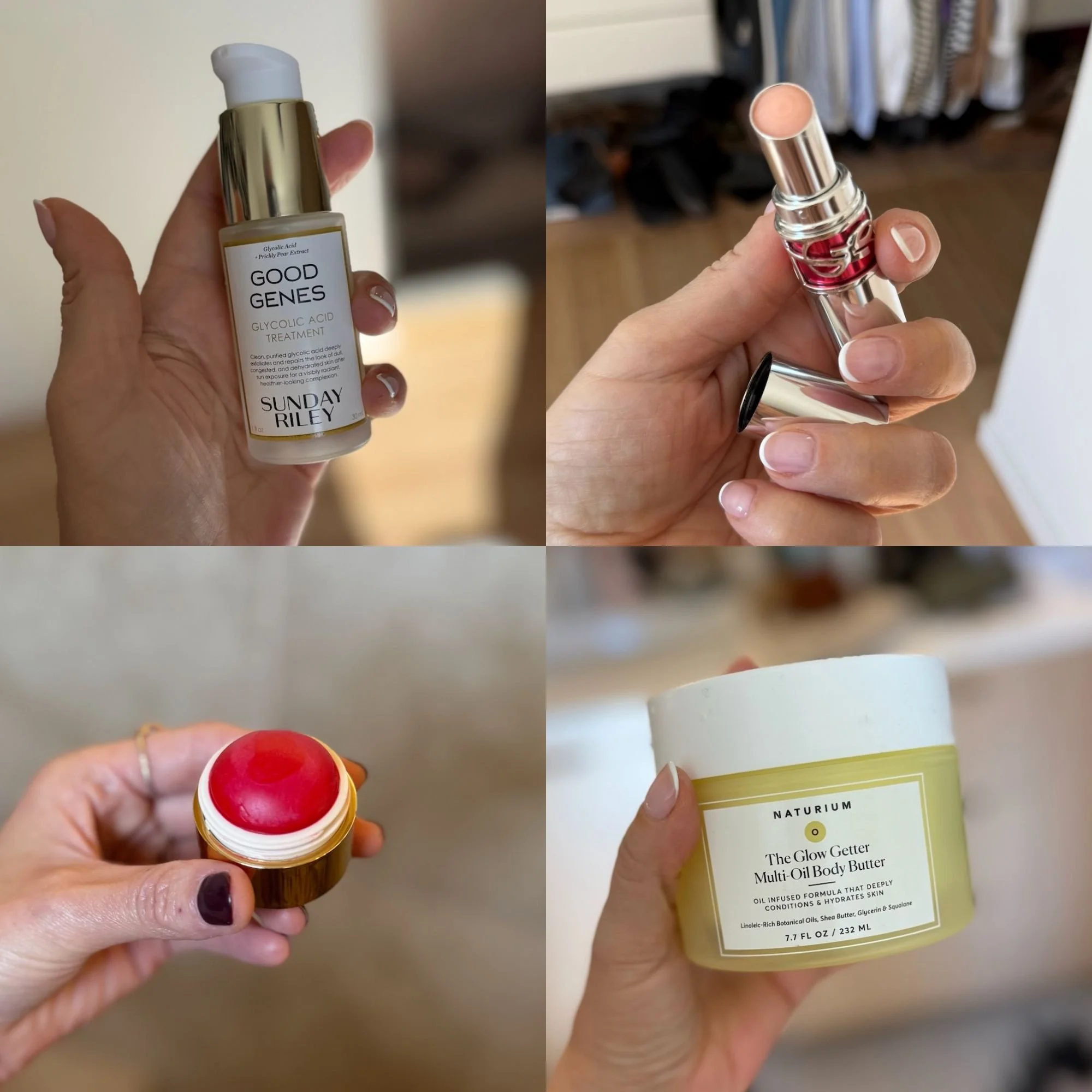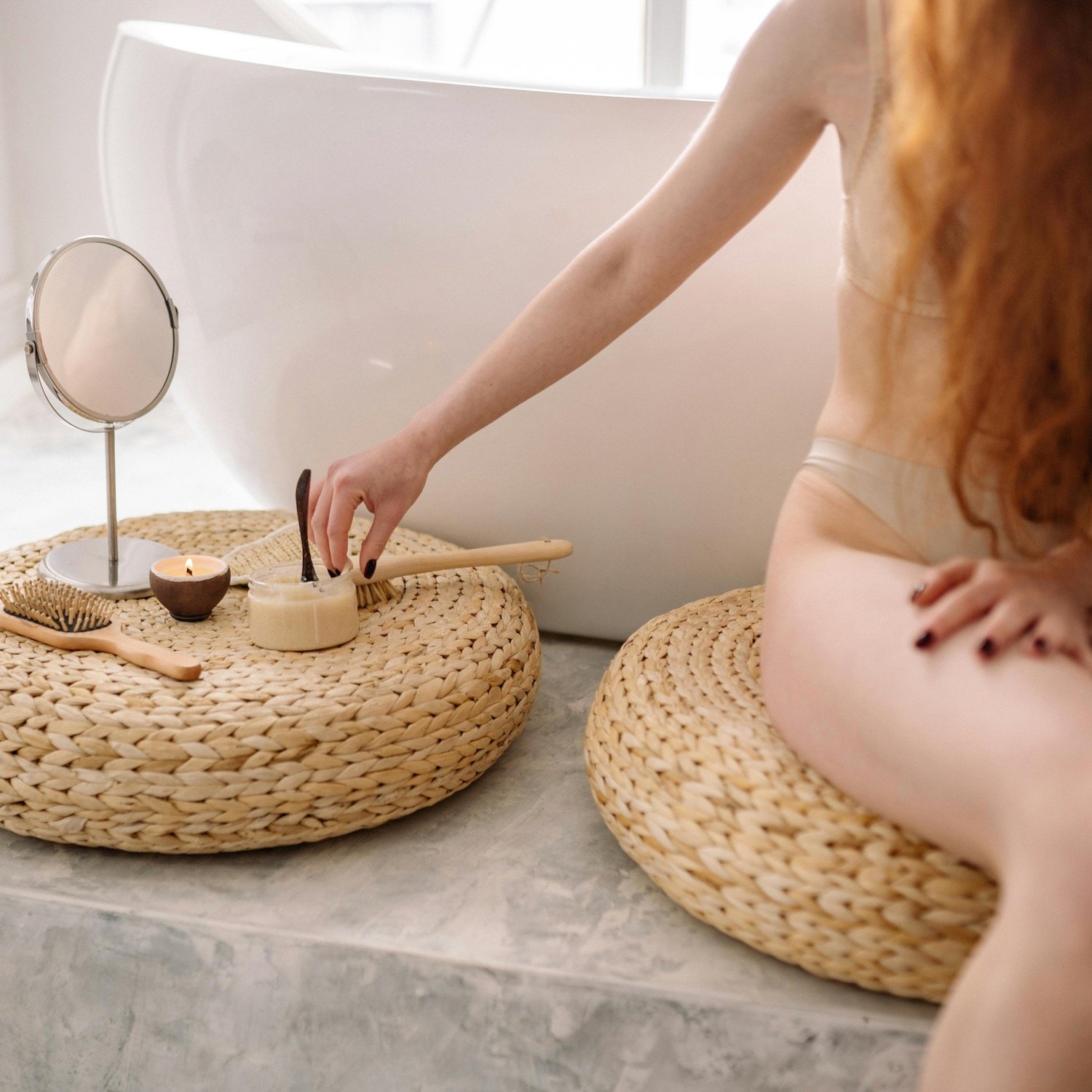Is “Clean” Even Important For Fragrances?
by Marissa Pomerance
First, we’re just going to admit that we’re also confused slash annoyed by the word “clean.”
It’s a phrase we use on occasion, always with some hesitation. Because what does it even mean? Is it an actual label that holds any significance for the food and beauty products and everything else that we touch on a daily basis?
Does “clean” mean “better?” Or does “clean” simply mean “free from toxins?” And for those of us who don’t hold a degree in chemistry, have we collectively deluded ourselves into pretending we understand what these “toxins” are and why they’re bad?
And second, do we even really want to know which of our products are “clean?” After all the decisions we have to make on a daily basis, and all the anxiety caused by said decisions, do we want to have to grapple with one more?
Should we keep asking you questions? Can you just write this thing for us, please?
The fragrance industry is not well regulated.
“Clean” may be a virtually empty, confusing phrase that has lost meaning amongst mass amounts of green-washing and woo-woo fear-mongering, but the concept, especially relating to fragrance, is part of complex conversations around ingredient safety.
We’re all told there isn’t much regulation over personal care products in the United States. We’ve heard the song and dance before. We know that Europe has banned more than 1,300 ingredients from personal care products, while the US has banned a meager 11.
But even armed with this knowledge, trying to parse whether our products are totally safe, or questionable, is an insurmountable task for any average consumer. (*Cue the aforementioned woo-woo fear mongering*)
The safety of our fragrances is even more opaque, because, apparently, perfume makers are not legally required to divulge their ingredients due to trade secret laws. And since you were wondering—yes, some of these ingredients seem…not great.
Many fragrance ingredients can be potentially irritating or provoke allergic reactions. Some perfumes and colognes contain a group of petroleum-based chemicals called phthalates, which are linked to hormone disruption (for women and men), allergies, and lung problems. Phthalates are also linked to PCOS and can be particularly dangerous for pregnant women.
Trigger warning: Here’s a comprehensive list of things we’ve learned that seem scary.
The fragrance industry is a self-regulated one. And even though it has established its own safety guidelines under the International Fragrance Association, this is not monitored by any government agency.
Many scientific studies relating to fragrance ingredients have been conducted by manufacturers, and haven’t been published in peer-reviewed scientific journals. And peer-reviewed means it’s not just one person’s biased opinion.
Some of the chemicals found in our fragrances have cropped up on authoritative lists of toxic chemicals in other parts of the world.
Currently, the International Fragrance Association has no restrictions for the use of certain potential carcinogens.
And here’s one thing we might all agree could use an update; the safety of some of these chemicals haven’t be re-assessed in decades. Think about all our scientific, technical, and medical advancements just over the last few years. Think about what we used to think was “safe,” only to discover it was not. Having updated, current studies on the safety of ingredients might finally give us definitive information, and could even assuage some of our fears.
Ok, fine. We’ll pour our perfume down the drain, and never let another wretched scent, which is probably full of skin-burning gasoline and cancer-causing formaldehyde, touch our skin again. Article over.
Just kidding! There’s more.
“Fragrance” is a confusing, catch-all term.
Unfortunately, the problem with fragrance isn’t limited to, well, just fragrance. The terms “fragrance” and “parfum” at the bottom of every ingredient list on all of our products (from shampoo to moisturizer to mascara) are catch-all terms for potentially thousands of ingredients.(*Begins frantically reading the label of every single beauty product in our bathroom cabinets*)
For the average consumer, it’s not particularly clear if these ingredients are totally safe, or harmful in given quantities. As a spokesperson for the Fragrance Creators Association, the industry’s main trade organization in North America, told The Guardian, “the exposure to any individual fragrance ingredient in a product is extremely low – well below 1%...Fragrance ingredients are not hazardous based on usage.” But instead of banning an ingredient until it’s deemed safe, the US waits to ban ingredients until they are proven harmful. And while we don’t think companies are all conspiring to make perfumes that actively harm us, it’s hard to trust that big corporations— the ones that told us that baby powder was unequivocally safe while maybe knowing it contained asbestos?—all have our best interests at heart.
Of course, this doesn’t mean that ALL of your “not clean” fragrances are toxic, or bad for you, or will kill you slowly. It just means there’s a lot of murkiness and confusion.
We know this is not what you wanted to hear. We really didn’t even want to write this. We wanted to do our research, happily discover that fragrances are all as healthy as organic kale, and then unequivocally state that your favorite perfume is so safe that you should feel free to spray it, bathe in it, drink it. We have zero desire to go home and flush every personal care product we own down the toilet.
And honestly, just because we’re unsure if certain things are bad for us doesn’t mean we just stop doing them.
Do we all eat the most absolutely perfect food all the time? Do we exercise every day and avoid alcohol and sleep 8 hours every night? Of course not. I’m currently writing an article about the importance of clean fragrance, and yet I also joyously spritzed on my favorite, certainly “toxic” perfume this morning with only a mild feeling of guilt about the ingredients.
Did we also recommend Glossier’s universal fragrance even though it’s not clean? Yes, because it is also The Best.
We’re not suggesting that you should continue poisoning yourself, but we also understand that you have to make approximately 35,000 choices a day (yes, really). And since women make 70-80% of consumer spending decisions, this burden mostly falls to us. Making the “correct” decision 35,000 times per day isn’t just exhausting, it’s impossible.
So it’s ok if you want to hold onto your “toxin-riddled” perfumes for just a bit longer. We’re all just doing our best here.
Marissa Pomerance is the Managing Editor of The Candidly. She’s a Los Angeles native and lover of all things food, style, beauty, and wellness. You can find more of her articles here.



